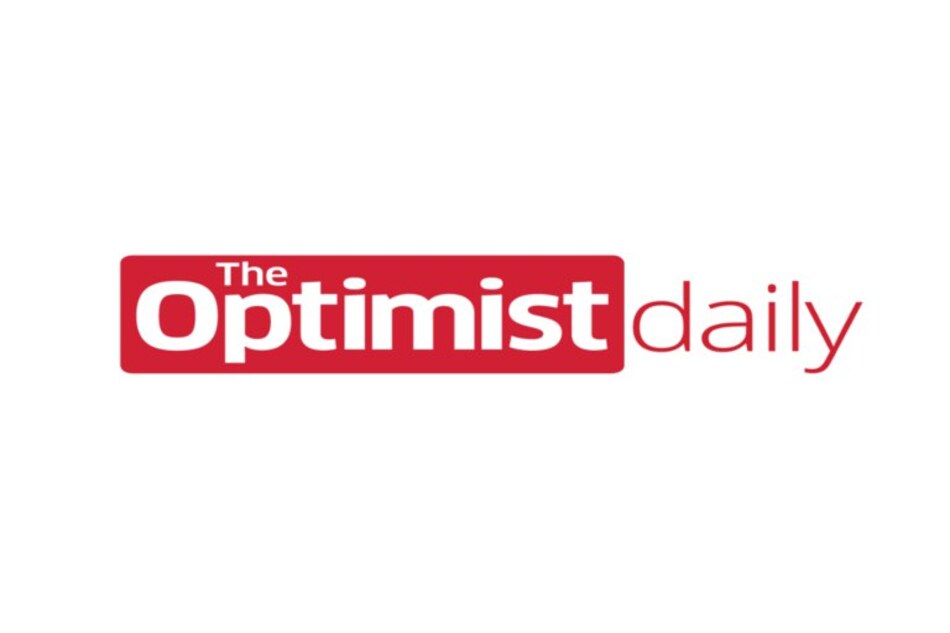Learning to forgive doesn’t always come easy, and it’s a patient and tender process. Many times, forgiveness can feel more like a weakness than an act of courage and strength. But in reality, it can be one of the most powerful things you can do.
What is forgiveness?: In simple terms, forgiveness is a choice you make to give up anger or resentment, even while acknowledging that the wrongdoing happened. It’s not so much behavior as it is an internal state of feeling and being. Forgiveness is choosing a higher path and moving through a process of letting go that’s not so much about the other person, but your process.
Why forgive?: When you have been hurt or disappointed, the emotional burden can be great. As clinical psychologist Neda Gould puts it, the anger we hold is “a form of stress, and so when we hold on to anger it is as though we are turning on the body’s stress response, or fight or flight response, chronically.” By letting go, we can reduce that stress and alleviate its effects, which has benefits for both body and mind.
How to forgive: When it comes to forgiveness, there are many ways to go about it. Below you can find a number of ways to forgive, as recommended by Karen Swartz, M.D., director of the Mood Disorders Adult Consultation Clinic at The Johns Hopkins Hospital.
- Reflect and Remember: Recall the events, your reactions to them, and the feelings. How has hurt and anger impacted you?
- Empathize with the Other Person: Empathy can be described as an “imagine-other” perspective, which focuses on the experiences of another person, according to PsychCentral. It is a way of being present to someone and feeling into their experience.
- Forgive Deeply: Dr. Schwartz says people who forgive from a place of understanding and realize that no one is perfect can return to a normal relationship with the other person, even if that person never apologized.
- Let Go of Expectations: Saying you’re sorry may not shift your affiliation with another person or bring forth an apology; however, if neither is expected, you won’t be disappointed.
- Decide to Forgive: Dr. Schwartz explains when you choose to forgive, “Seal it with an action.” If you’re not able to communicate with the person who hurt you, journal, or write about your forgiveness. Try talking about it with a counselor or therapist or someone else in your life who you trust.
- Forgive Yourself: Cultivating self-forgiveness can be a challenge, and learning to be kind to yourself is another skill that requires practice and deserves your full, most-dedicated, and gentle attention. Your shortcomings are as much a part of your humanity as your individual strengths. Learning to practice self-kindness is an important and critical practice for your well-being.












